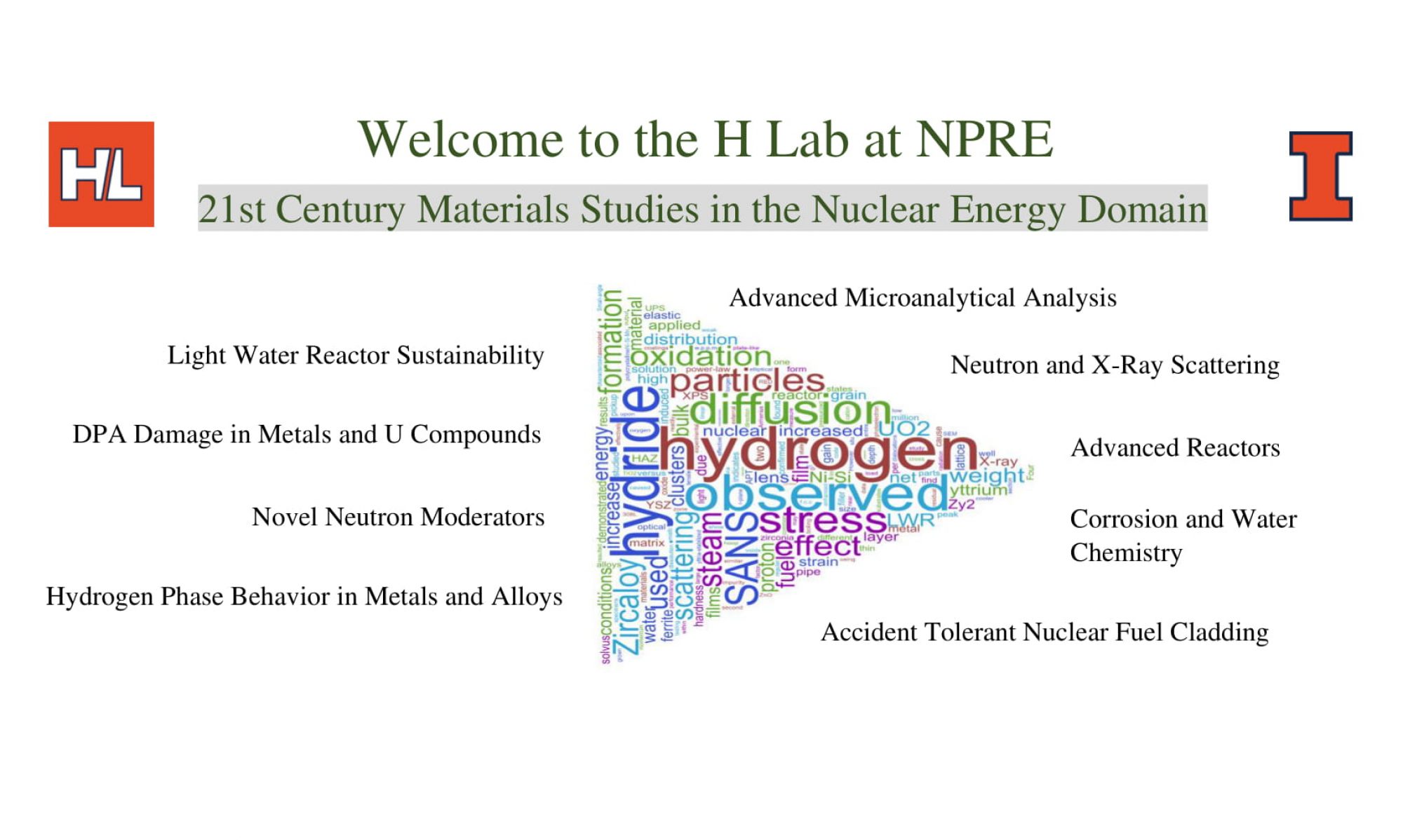The primary objective of the proposed research project is to study the effect of surface microstructure, mechanical stress factors, and dpa damage on the corrosion response of stainless steel under two different alkaline PWR primary water alkalinizing agent chemistry conditions. We will investigate mechanical stress factors such as strain rate, residual stress, deformation induced persistent slip bands (PSBs), dpa damage, and fatigue cracks. We have access to an upgraded ion accelerator at UIUC that will allow us to perform bombardment studies with high energy metal ions and protons to mimic fast neutron damage. Modeling will help us understand the physical phenomena associated with the measured corrosion response. The team assembled for this proposal encompasses all experimental and computation aspects of the stated RC-9 work scope to understand the effect of LiOH®KOH change on the corrosion behavior of stainless steel. We also will partner with ORNL, as well as WEC. The industrial partnership will allow us to shape the work scope specifically to the needs of the U.S. nuclear industry while ORNL adds computational materials science and corrosion expertise.
